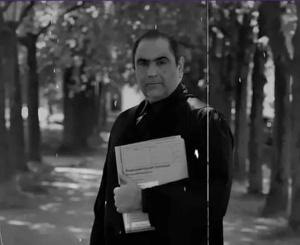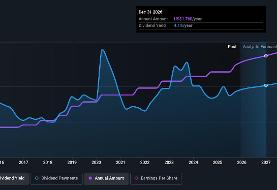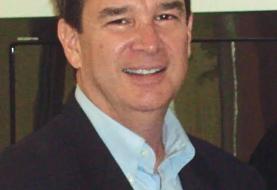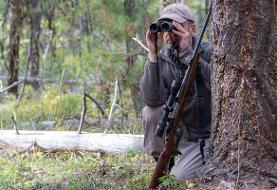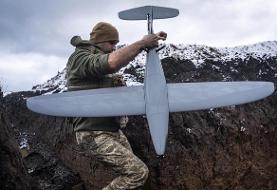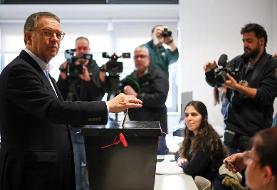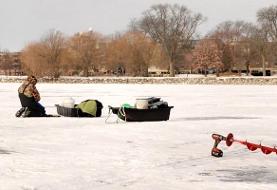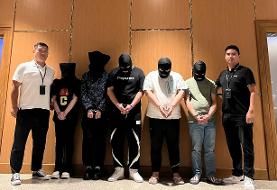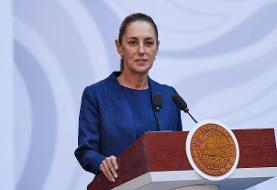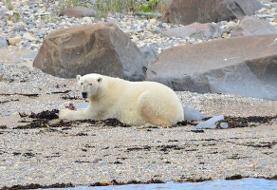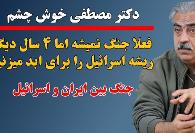Book Review: A Chat with Authors Heather Heying and Bret Weinstein
Culture, Science and Society Blog
If you ever wonder, particularly as an immigrant, how far we have departed, in our behaviors, diets and lifestyles, from our distant ancestors, and how that departure has impacted our lives today, you may find a few helpful answers in A Hunter-Gatherer's Guide to the 21st Century - Evolution and the Challenges of Modern Life. The book does a thorough job explaining the ways in which changes in modern societies and lifestyles are a mismatch to human nature. These include our food, medicine, sex and gender roles, parenthood, sleep, schools and education. And when the rate of these changes outstrip the capacity of our brains and bodies to adapt, we end up with a host of chronic health and social illnesses.

This book is a culmination of the university teaching and field research in some of the world's most diverse ecosystems by distinguished evolutionary biologists Heather Heying and Bret Weinstein. It is currently a best-seller on Amazon (Number 1 in evolutionary psychology, number 2 in Human Geography and number 9 in Biology). It is offered in several languages and who knows, it may be translated into Persian one day. Recently, Kodoom had the chance to chat with the authors on topics of interest to our readers.
On Travel and Immigration
In our discussion we explored the impact of immigration and travel on our species and what would be some of the tools they might recommend for successful adaptation. Bret remarked: "The human species is the most adaptable and dynamic product of evolution that has ever existed on earth. We are wired for change. What that means is that we can upgrade our software program to fit new circumstances. The tool we use to address these new circumstances is consciousness, specifically collective consciousness. We gather together and we talk. At the end of the day our ancestors would gather around the fire and discuss the problems that they face and possible solutions. That is a very ancient mechanism in dealing with new circumstances. The benefit to that approach is that one who is new to an environment is going to be more conscious of things than one who may be on cultural autopilot because they were born into and are native to the environment."
Heather continues: "Recent immigrants might have a particular ability to see true things about their new home culture than people (natives) who were born into it cannot. The newer you are to a culture or a language, the more literally you are going to be taking it. So ultimately you want to be immersed in the metaphors of the culture."

Since traveling far and fast is an accepted and common fact in our modern life, the issue of changing places and time zones was discussed. Heather explains, "getting on a plane and landing not just in a different culture, among different people who speak a different language, but also in a different time which makes no sense compared to what has actually elapsed for you, is an example of hyper novelty". Bret iterates his belief that we are built for change, but hyper novelty is the situation in which the rate of change is so great that we can't keep up: "Travel brings the opportunity to revel in all our shared humanity. We can actually share cultural traditions and come to know people we have never met before and become less tribal, if we take advantage of it." Bret remarks on the very real problem of jet lag: "Our biology is not set up to travel faster than our body perceives it. We have supplanted the natural system of what time of day it is based upon the sun, to an artificial one of timekeeping to decide a fixed time that is not based upon nature. Humans in the past perceived time by adjusting to daylight their physical activities or rituals like religious prayers. The man-made artifact of 'daylight savings time' is a scourge." Heather sums it up succinctly: "The concept of immigration by plane to far away places and times and people is both expansive and comes at a cost. If we leave people behind from the place that we move from, we are constantly reconnecting to the timezone of the home culture, for example Los Angeles to Tehran."
On Children and Education
We spoke at length about raising children in a hyper-novel world. Heather and Bret agree that the best tool children can use to navigate the world is consciousness. They point out, in the book, that childhood is a crucial stage of life for learning, playing, tinkering and developing phenotypic plasticity and resilience yet in modern times, helicopter and snowplow parenting plus the overdiagnosis of boys with ADHD and girls with anxiety disorders have deprived children of such opportunities. What the authors call "being on cultural autopilot," as Bret remarks, is "a lethal hazard" because it tends to pick up new customs that have not stood the test of time and may be hazardous." The book includes three chapters on parenthood, schools and childhood plus a variety of suggestions in "The Corrective Lens" sections on how to get closer to our evolutionary roots.
Bret remarks that children of immigrants are in a particularly interesting position that can be rewarding or tolling as they straddle between two cultures by seeing both their parents' culture and contrasting that with the new culture and novel experiences, and by dodging back and forth between the two.
About the Authors
In the era of sponsored and commercial science, the authors offer a rare and refreshing example of political independence, objectivity and scientific integrity. Their views often do not fit the molds or labels defined by the left or right. In 2017, despite their popularity and accomplishments, they left their university teaching positions after 14 years because they refused to comply with imposed politically correct narratives which they thought were untrue.
Their popular podcast channel on Youtube, was demonetized in 2021 because Heather and Bret declined to self-censor their views on the new science about COVID treatments. Their Darkhorse podcast clips or full episodes on the independent video channel Odysee are among the most popular science-based podcasts.
This is how Heather Heying describes her style on her website: "The scientific process is a main theme in my teaching, and I strive to bring it to the foreground of students’ worldviews, so that they become comfortable generating hypotheses for the patterns that they observe around them in the world, and are able to live investigated, conscious lives."
Bret Weinstein shares his perspective on his website: "Many are also telling me that you want to hear deep, evolutionary analysis. My wife and I have been hearing from students for 15 years that this material must be brought into public view, because it is transformative. I don’t believe in fate, but I am a huge fan of serendipity. If you want to know why living things, including humans, are structured as they are and behave the way that they do: Stay tuned. The story is a surprising one, and many Evergreen students have found it revolutionizing of their world view."
Related to Books:
- Born to Run: The Sandals and the Book that Will Change the Way You Walk and Run
- Persian Physician's Book Was Translated, Taught and Cherished in Ireland Centuries Ago
- Spectacular Shahnameh-based Epic Cinematic Shadow Theater: Last US Performance coming to New York
- "Give the Gift of Books" for Norooz, Trending in Iran
- 9 Timeless Leadership Lessons from Cyrus the Great
- Reading Lolita In Tehran
Related to Nature:
- The Nomadic Journey of a Bakhtiari Family According to the Smithsonian Magazine
- Born to Run: The Sandals and the Book that Will Change the Way You Walk and Run
- Iranian Food Is Great for Humans and The Planet, But Beware of Salt, Rice, Fat and Sugar
- Photoshoot With A Real Russian Bear for $417
- In Pictures: The Little Girl in Red Enjoying the Pink Lake Near Shiraz
- Videos: Funny and Serious Coronavirus Advice, From Stock Market to Meat and Cruise Ships
- This 1972 Study Predicted The Planet Would Revolt Against Humans in 2020
- Thousands of Migratory Birds Mysteriously Fall From The Sky in Northern Iran
- Global Warming and The Selfish Humans: 200 People in 177 Cars!
- Seals, Dolphin Dead in Milad Tower! Tehran EPA Exposes Neglect and Animal Abuse
- Did Political Paranoia Land Iranian Cheetah Conservationists on Death Row?
- Thirsty and Beheaded! In Pictures: Drought-Stricken Shadegan Date Palm Groves
- From Tehran to New York, Amsterdam, Shanghai and Lagos: Mountains of Trash Drowning The World
- Some Good News For the Planet: Germany's Cycle Highways and Floating Solar Farms
- Seven Months After The Hurricane: Americans, Many Trump Supporters, Still Living in Tents (Video)

